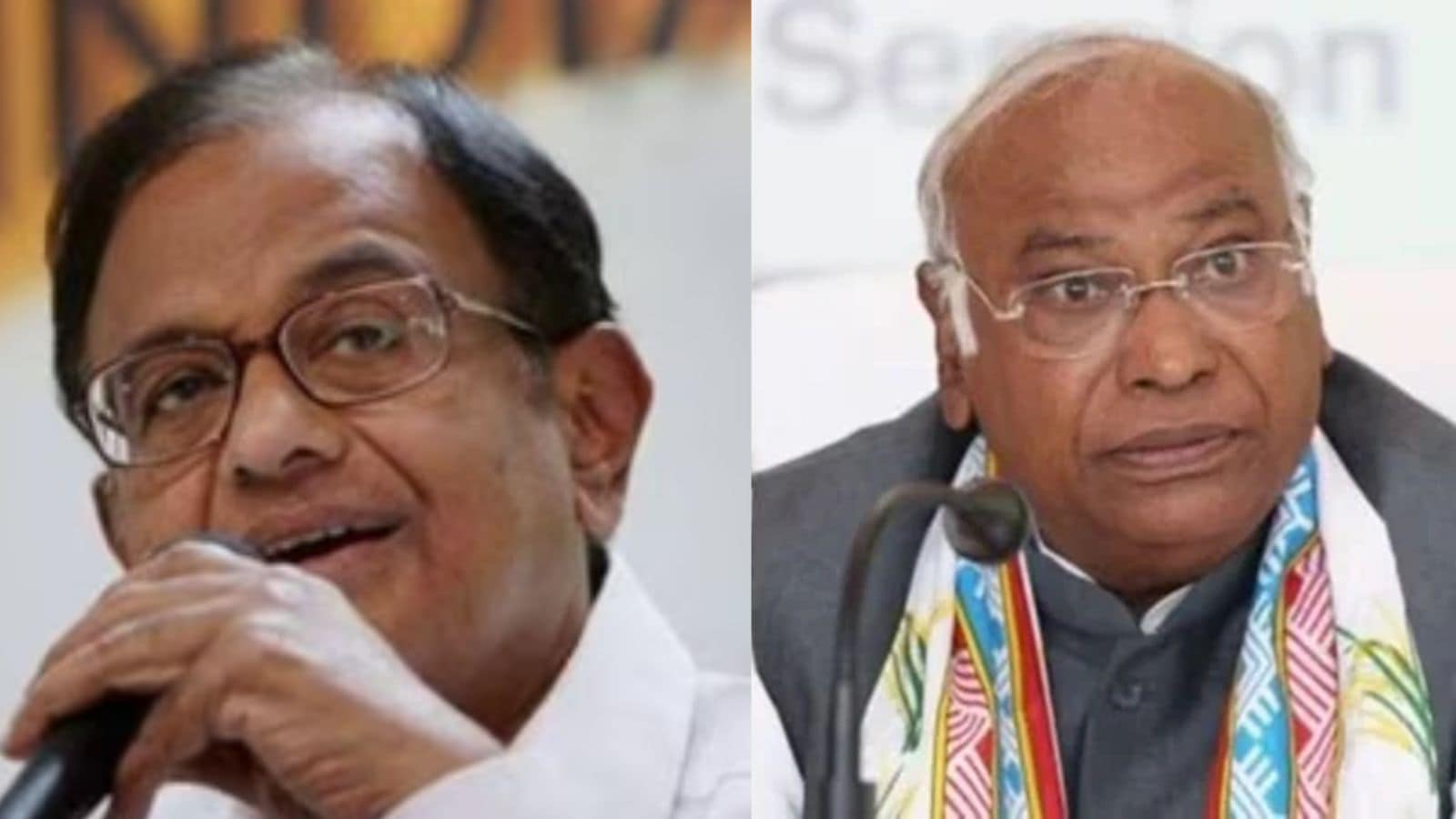 |
|
The recent political turmoil within the Manipur Congress party highlights a significant disagreement regarding the handling of the ongoing ethnic conflict in the state. Senior Congress leader P. Chidambaram's social media post advocating for regional autonomy for Manipur's diverse ethnic communities has ignited a firestorm of controversy, leading to a formal complaint filed by Manipur Congress leaders with All India Congress Committee (AICC) president Mallikarjun Kharge. Chidambaram's now-deleted post on X (formerly Twitter) directly challenged the current approach to resolving the crisis, asserting that deploying additional Central Armed Police Forces (CAPF) personnel is not a sufficient solution. He argued that the root of the problem lies with Chief Minister Biren Singh, proposing his immediate removal as a necessary step toward peace. Further, Chidambaram's proposal of granting genuine regional autonomy to the Meitei, Kuki-Zo, and Naga communities suggests a significant shift in the party's official stance, a divergence that has clearly upset several Manipur Congress leaders.
The letter addressed to Kharge by the disgruntled Manipur Congress leaders highlights their strong objection to Chidambaram's public statement, characterizing it as 'highly inappropriate during this hour'. The timing and content of the post, they argue, undermine the party's efforts to present a unified front on the Manipur issue and potentially embolden conflicting factions within the state. The leaders likely fear that Chidambaram's suggestion of regional autonomy, while potentially a viable long-term solution, could be perceived as inflammatory at this critical juncture and exacerbate existing tensions. The fact that the post was subsequently deleted suggests that Chidambaram himself may have recognized the potential negative repercussions of his statement. However, the damage, in the eyes of his intra-party critics, has already been done.
This internal conflict within the Congress party underscores the complex and sensitive nature of the Manipur crisis. The differing opinions on how to address the violence highlight the lack of consensus on a viable path toward reconciliation and long-term stability. Chidambaram's approach, emphasizing political solutions and addressing the perceived root causes of the conflict, differs markedly from the more security-focused approach favored by some within the party and perhaps even the central government. The fact that this disagreement has spilled into public view, with formal complaints filed and public statements made, points to deeper divisions within the Congress party itself. The AICC's response to this internal conflict will be critical in determining the party's future strategy on the Manipur issue and its ability to present a coherent and effective opposition to the ruling party's handling of the crisis. The outcome of this internal dispute will not only affect the Congress's standing within Manipur but also influence its national political strategy.
The incident raises broader questions about the role of senior party leaders in expressing dissenting opinions on sensitive matters of national importance. While the freedom of speech is crucial in a democracy, the timing and manner of expressing such opinions, particularly when it relates to a volatile situation, require careful consideration. Chidambaram's public statement, irrespective of its merits, could be interpreted as undermining the party’s official position. This raises questions about internal party discipline and the potential consequences of diverging from the official line. Furthermore, the incident highlights the inherent challenges in managing internal disagreements within large and diverse political parties, especially when dealing with sensitive regional conflicts. The internal debate within the Congress underscores the lack of a unified national approach to the Manipur crisis and the wider challenges of navigating ethnic tensions within India’s diverse landscape.
The ongoing situation in Manipur demands a delicate balance between decisive action to maintain law and order and a thoughtful approach to addressing the underlying causes of the conflict. The debate surrounding Chidambaram's proposal of regional autonomy presents a complex challenge: does the pursuit of long-term stability necessitate a willingness to consider radical structural changes, even amidst the immediate urgency of conflict resolution? The implications of this internal struggle within the Congress party extend beyond the immediate political ramifications, affecting the broader public discourse and the search for a lasting solution to the Manipur crisis. The resolution of this internal conflict, and the AICC’s response, will be closely observed by political analysts, policymakers, and the people of Manipur themselves, as it may significantly shape the trajectory of the ongoing crisis.
